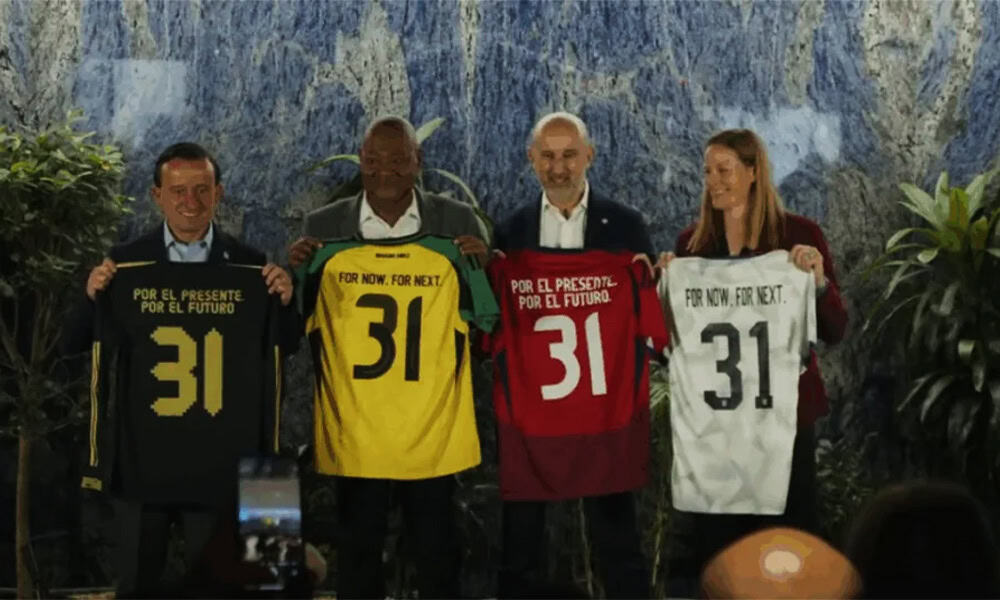The United States, Mexico, Costa Rica, and Jamaica have teamed up to bid for hosting the 2031 FIFA Women’s World Cup. This marks the first time the tournament will feature 48 teams, expanding from the current 32.
U.S. Soccer Federation President Cindy Parlow Cone led the announcement in New York on October 20. She stated, “We are very proud to lead this bid for the 2031 World Cup together with our Concacaf partners in Mexico, Costa Rica, and Jamaica.” The event brought together leaders from all four federations, highlighting a shared goal to advance women’s soccer across the region.
FIFA President Gianni Infantino had named the United States as the sole candidate back in April. He noted then that partnerships with other Concacaf nations could form part of the plan. With no other bids submitted, this group stands as the frontrunner. FIFA plans to make its final call in April 2026.
Parlow Cone stressed the bid’s focus on long-term growth. “It’s an extraordinary opportunity to grow women’s soccer around the world, and we want to help unlock that potential,” she said. She added that the event should inspire federations to support women’s programs, calling it both the right and smart choice.
Leaders from the partner nations echoed her views. Mexican Football Federation President Mikel Arriola, Costa Rican Football Federation President Osael Maroto, and Jamaica Football Federation President Michael Ricketts all pointed to the bid as a way to build women’s soccer in Concacaf. Mexico will share hosting duties equally with the United States, while Costa Rica and Jamaica will host select matches.
For Costa Rica, this bid builds on its track record with major events. Our country has hosted FIFA women’s youth tournaments, including the U-20 Women’s World Cup in 2022 and the U-17 edition in 2014. These experiences position Costa Rica as a capable host for high-level competitions.
Local soccer figures in Costa Rica welcomed the news. Bertony Robinson, general manager of the Women’s Soccer Union (UNIFFUT), said, “This is extremely important news for the country. The impact it will have will not only be reflected in women’s soccer, but also in terms of brand exposure. We are already recognized worldwide as a tourist destination, we have demonstrated our ability to organize youth world championships, and now we are taking a giant step forward within Concacaf.”
Players on the ground share the excitement. Judith Rocha, a forward for Municipal Pococí, noted the potential benefits. “It will have a very positive impact on women’s soccer in the country, especially for girls in the minor leagues. This is excellent news for Costa Rica because it means that we will improve our infrastructure and the professionalization of women’s soccer,” she said.
The joint effort comes after the United States and Mexico withdrew their bid for the 2027 tournament to target 2031 instead. That move aimed to secure equal funding with the men’s World Cup, set for 2026 across the same region. Now, with Costa Rica and Jamaica on board, the proposal seeks to spread the tournament’s reach and foster development in smaller federations.
If successful, the 2031 event would follow the 2027 Women’s World Cup in Brazil and continue FIFA’s push for global expansion in the women’s game. The four nations aim to deliver a tournament that boosts participation, improves facilities, and draws international attention to Concacaf’s women’s programs.






